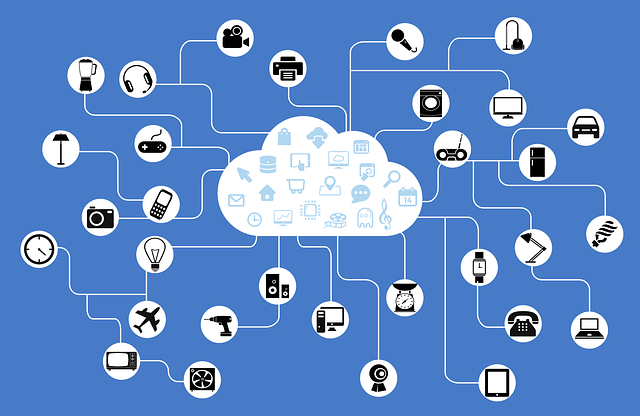-
3-minute read
-
23rd April 2019
When Should I Capitalize “Internet”?
The question of whether to capitalize ‘internet’ is controversial. It has even inspired its own Wikipedia article. But we’re here to make writing easy, so we’re going to ignore the controversies and set out the basics of when to capitalize ‘internet’.
Internet as a Proper Noun
Unless it appears at the start of a sentence, you should only capitalize ‘Internet’ when it is a noun. More specifically, you can capitalize it when referring to the Internet (i.e. the thing that hosts the World Wide Web).

Thus, ‘Internet’ is a proper noun, a word that names a unique thing. So ‘the Internet’ is like the name of a person (e.g. Delia) or city (e.g. Norwich).
Using the capital ‘I’ was common in the early days of the Web, especially in technical writing. However, as the internet has become part of our lives, most people now write it with a lowercase ‘i’ instead.
Dialect can make a difference, too, as capitalizing ‘Internet’ is more common in American English than British English. Ultimately, though, it is a matter of preference. For instance, both of these sentences are fine:
The most important thing is consistency. So if you write ‘Internet’ in one part of a document, you should use the same capitalization throughout. You may also want to check your university/employer’s style guide.
However, there are a couple of situations where you should never capitalize this term. We will look at each of the following below:
- Using ‘internet’ to refer to interconnected networks in general.
- Using ‘internet’ as an adjective.
Internet as a Common Noun
The word ‘internet’ is a contraction of ‘interconnected network’. We can therefore use it to describe any set of interconnecting networks. And when referring to interconnected networks in general, we do not capitalize ‘internet’ because it is a common noun rather than a proper noun.
Find this useful?
Subscribe to our newsletter and get writing tips from our editors straight to your inbox.
Subscribe to Beyond the Margins and get your monthly fix of editorial strategy, workflow tips, and real-world examples from content leaders.
In other words, while the Internet is an internet, it is not the only possible internet! If you are involved with computers in your work or studies, then, you would not capitalize ‘internet’ if you were using it in this generic sense.
However, in day-to-day life, ‘internet’ almost always refers to the internet.
Adjectival Internets
We can also use ‘internet’ as an adjective. For example:
Here, the word ‘internet’ modifies the noun ‘connection’. This means we’ve used it like an adjective (something known as a noun adjunct). Typically, when ‘internet’ is used as a modifier like this, you do not need to capitalize it.
Summary: When Should I Capitalise Internet?
You can capitalize the ‘i’ in ‘internet’ if you use it as a proper noun, but this is a matter of choice. At Proofed, for example, we prefer ‘internet’. But this is because we don’t see the need to capitalize it, not because ‘Internet’ is wrong.
There are no hard and fast rules about capitalizing ‘internet’. However, if you want to capitalize it, keep the following in mind:
- You can capitalize ‘Internet’ when it refers to the infrastructure that hosts the World Wide Web, but this is a matter of choice.
- Do not capitalize ‘internet’ when using it as a noun adjunct to modify another noun (e.g. ‘internet users’ or ‘internet browser’).
- Do not capitalize this term when referring to internetworking in general.
- If you are writing for your studies or job, you may have a style guide available. Check this for advice on capitalization.
- Make sure to apply capitalization consistently in your writing.
And if you’d like more help with your writing, you can have it proofread.




